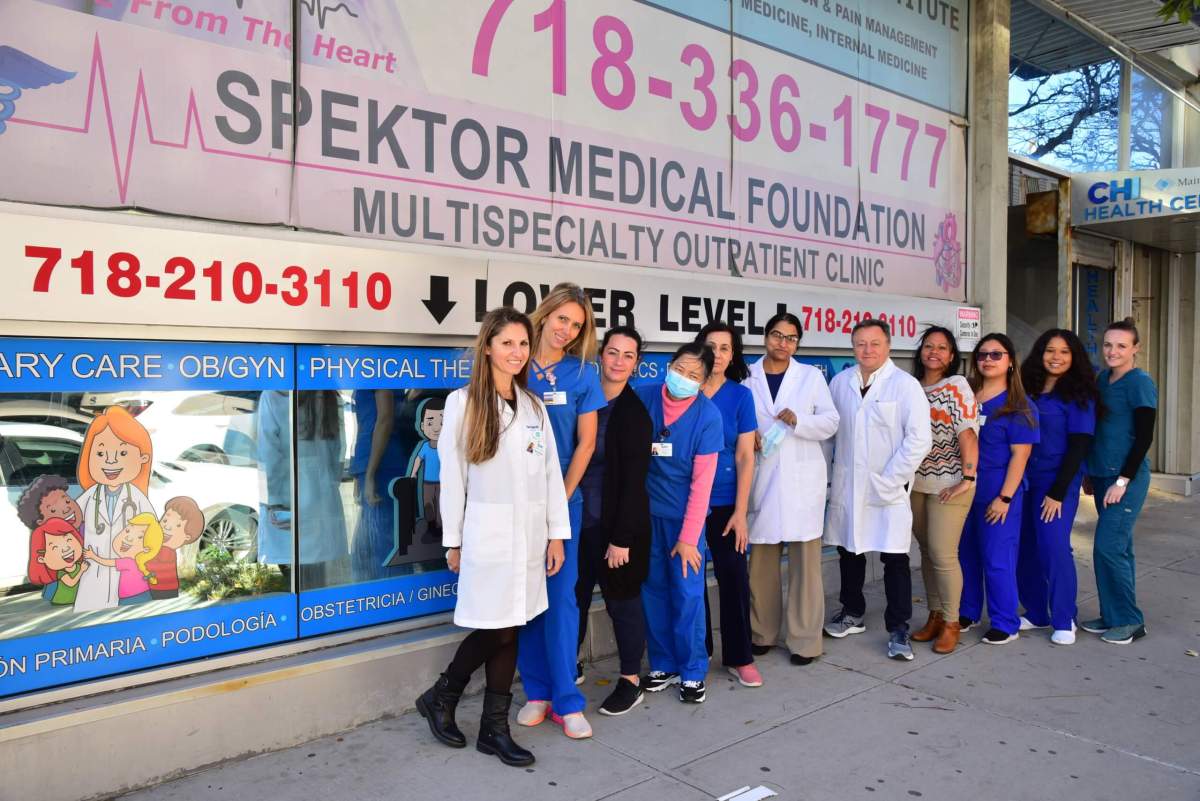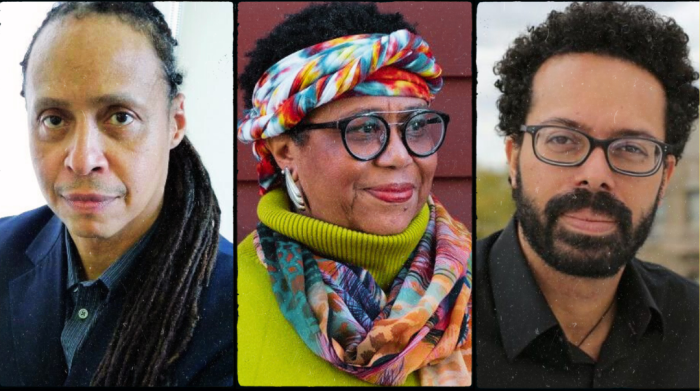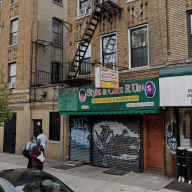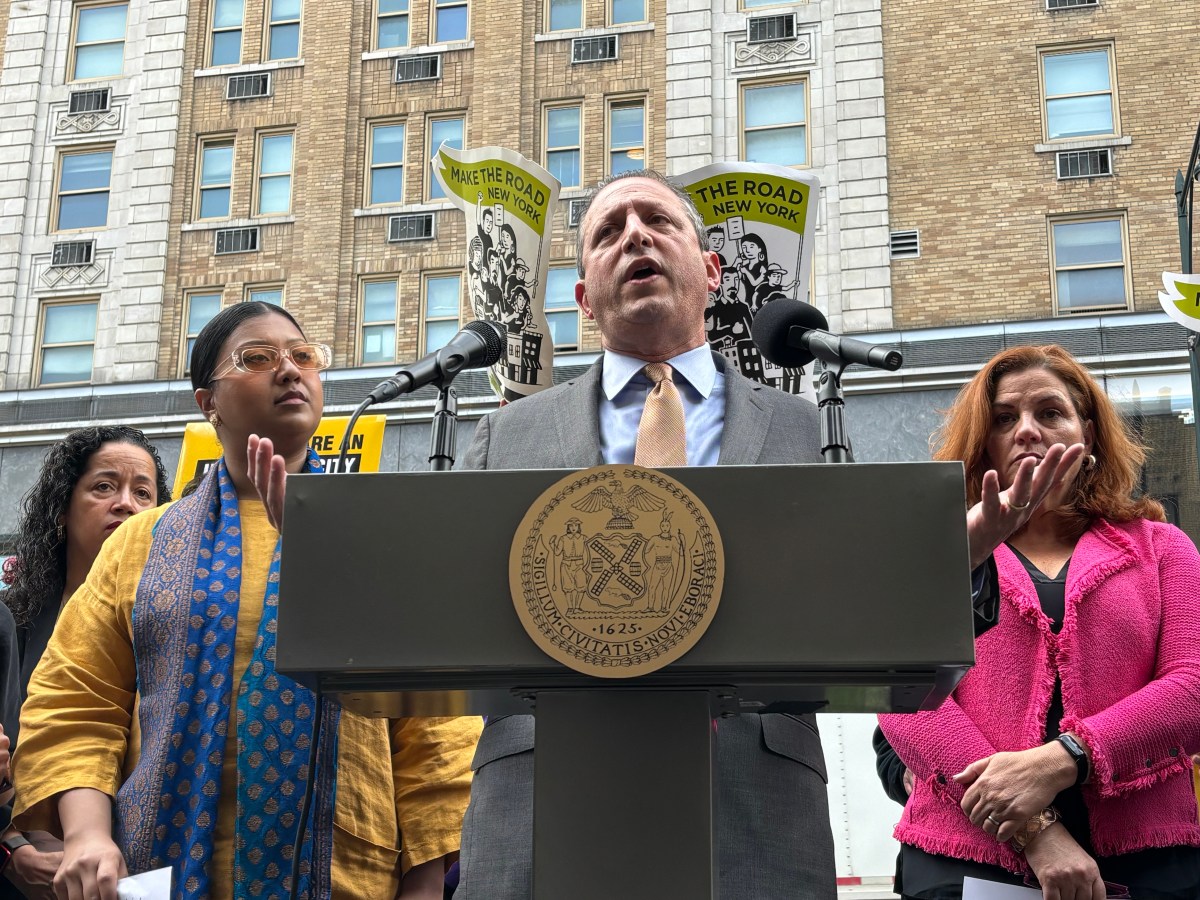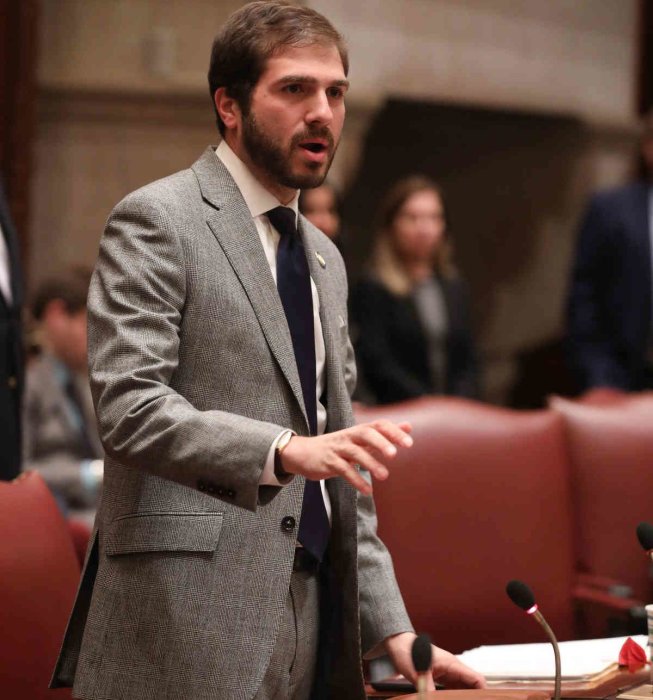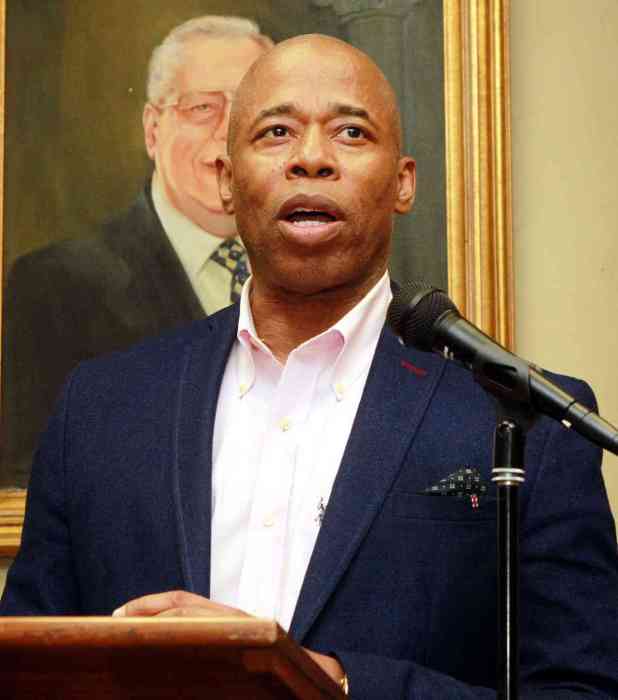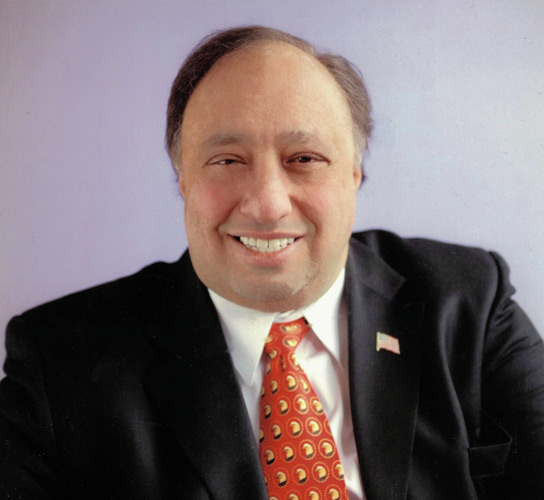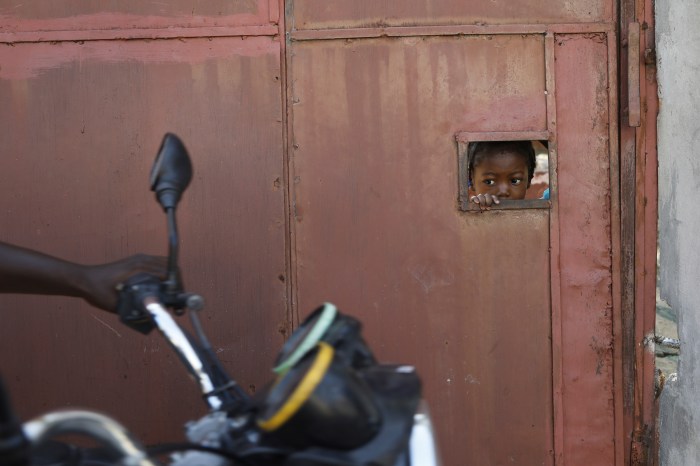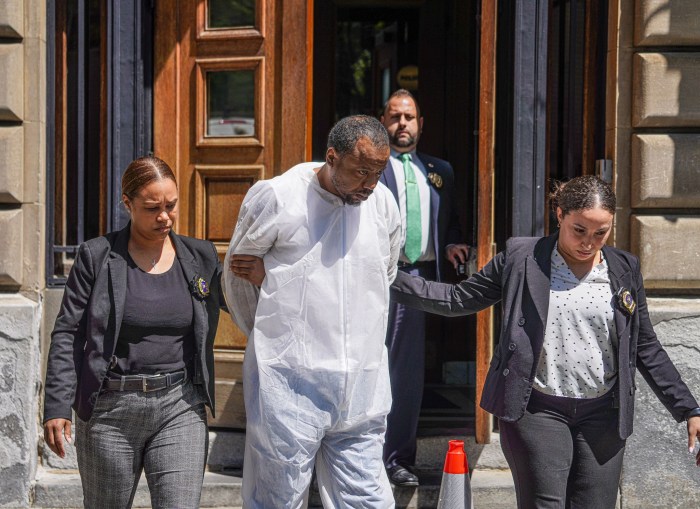Recognizing late founder H. Jack Geiger
In the 1960s, one of the most important advances in public health became a reality when the first Community Health Centers opened in South Boston and in Mound Bayou, in the Mississippi Delta. They represented the start of a major change in the way that health care was administered, and made it accessible and affordable, for lower-income people without health insurance or with inadequate health insurance.
These centers also were connected to fresh approaches for badly needed food, sanitation, education and jobs. The founders of these Community Health Centers, many of which became formalized and known as Federally Qualified Health Centers (FQHCs), considered them as a promising “road out of poverty.”
Today there are over 1,300 clinics at more than 9,000 sites that serve roughly 28 million low-income patients.
On Sunday, Dec. 27, the founder and driving force of community health centers, New York City native Dr. Herman J. (Jack) Geiger, passed away at age 95. As the co-founder and CEO of Community Health Initiatives (CHI), an FQHC in Coney Island, I have to admit that I knew little about Dr. Geiger and his story until reading his lengthy obituary in The New York Times. It is kind of like not knowing about Martin Luther King, his story and heroic leadership role in the Civil Rights movement. I knew in my heart that this is what healthcare should look like going in, as we became newly operational in Spring 2015. But at that time, I did not understand everything about it. And six years later, I can still wholeheartedly say I stand behind the model of care and its profound impact on the communities it serves.
Community Health Centers like ours make a lot of sense. They serve the total health needs of low-income patients, encouraging disease prevention through diligent self-care and healthy nutritional and life style habits, and connecting them to primary care providers, while easing referrals to needed specialists. But generally, the structure of private practices — and the whole system — does not naturally work to the benefit of lower-income patients. With the support of the federal government, someone, or a small group of committed leaders, had to make the first move, and Dr. Geiger was in the forefront in the 1960s.
I learned that Dr. Geiger had his first inkling of how the community health center model could make a difference, when he spent five months of his last year of medical school in South Africa, taking care of desperately poor patients. He saw how an impoverished region could transform, partially because its local people worked there and helped run the new centers. And he saw the impact of the center’s “simple” changes — pit latrines, vegetable gardens, a children’s feeding program — initiatives that addressed societal and healthcare inequities.
Ten years later he saw similar poverty-related issues when he helped care for civil rights volunteers, including those who marched with Martin Luther King from Selma to Montgomery, Alabama. He saw clearly that residents were plagued by a host of issues such as malnutrition, infant mortality, lack of clean drinking water, inadequate healthcare and much more. So when he established the first Community Health Center in Mound Bayou, Mississippi, it was a turning point for public health. We owe a huge debt of gratitude to Dr. Geiger for blazing this trail.
Here in Coney Island, the conditions faced by many lower income residents may be far less severe than encountered by Dr. Geiger, but in terms of healthcare, there are fundamental holes in the system. They are ones that we feel a deep responsibility to fill for our community residents. Our stated mission, which we’ve lived and practiced from day one, is to impact positive change to the overall health of the community we serve by providing outstanding healthcare — regardless of ability to pay. Though it wasn’t an easy road to get to our leading status as a Federally Qualified Health Center, we are able to provide a comprehensive menu of services that answer our patients’ needs.
Those services include Primary Care, Pediatrics, OB/GYN, Psychiatry, Physical Therapy, Rheumatology, Podiatry, Gastroenterology, Mental/Behavioral Health, Substance Abuse Counseling, Care Coordination, and Chronic Care Management, among others. In addition, we provide Health Coaching, nutritional counseling, and regular screenings, which is in line with our holistic approach to guiding our patients toward comprehensive self-care, partnering with our patients in their total well-being. Since we are a designated New York State Patient Centered Medical Home (PCMH), our patients receive preventative services and screenings at a higher rate, to keep them healthier.
Diagnostic and Blood Testing is an essential part of what we offer; CHI has a full comprehensive laboratory onsite, which provides timely results that patients (and our physicians) value. Over the summer, with COVID-19 at crisis levels still rising and an imminent second wave in the Fall, we decided that offering a free, accessible testing site was something we simply had to do. Working in collaboration and partnership with the Coney Island Cathedral, in early November we opened the CHI COVID-19 Testing and Resource Center at Coney Island Cathedral on Mermaid Avenue.
We also had realized that with Flu and Strep season approaching, with symptoms similar to COVID-19, we needed to add that capability, and we did. We clearly needed to have a site that people could just walk into, that provided testing, education and immediate access to primary care. Further, we have received our first group of vaccinations, and we are strongly committed to their equitable distribution, prioritizing people in our community who are underserved.
The access to primary care piece is very important. Just as Dr. Geiger — ahead of his time — emphasized, the long-term health whole person must be considered. At the Coney Island Cathedral Center, existing patients as well as new ones can access medical providers via Telehealth. Telehealth is a very useful tool that we provide for some of our patients as a practical addition to in-person visits. We pay particular attention to community residents who do not have a primary care physician; we let them know that such a physician opens up a positive health care experience to them. As Bishop Hobbs of Coney Island Cathedral said, “It’s especially important to have people in the community benefit from follow-up in the primary care and specialty areas.
If we look back at 2020, it’s hard to imagine a more difficult year in terms of physical, job-related, and emotional stresses. Again, in keeping with taking care of and engaging the whole individual, we have comprehensive mental health and behavioral health services. Our Director of Behavioral Services is Dr. Maria Aliakos, also an attending psychiatrist at Lenox Hill Hospital. Dr. Aliakos is double board certified and specializes in providing compassionate, culturally sensitive, and highly customized psychiatric and psychotherapy services. Higher rates of addiction and substance abuse are the unfortunate byproducts of this high-stress year; Dr. Aliakos is an experienced professional in this area and also provides telepsychiatry services to help our patients in need of those services in that setting.
CHI will continue to offer rapid COVID-19 testing at the Testing and Resource Center at Coney Island Cathedral. And we will continue to listen to our community carefully so that we serve the residents of Coney Island in the best, most accessible ways possible. Dr. Geiger laid the groundwork for Community Health Centers like ours to reach for a high standard of care to which we could continually strive. We’re honored and privileged to serve Coney Island each day in that way.
For more information about Community Health Initiatives (CHI), located at 2882 West 15th Street, please visit www.CHIhealthcenter.com , email info@chihealthcenter or call 718.210.3110.
Alex Movshovich is the CEO of Community Health Initiatives.


